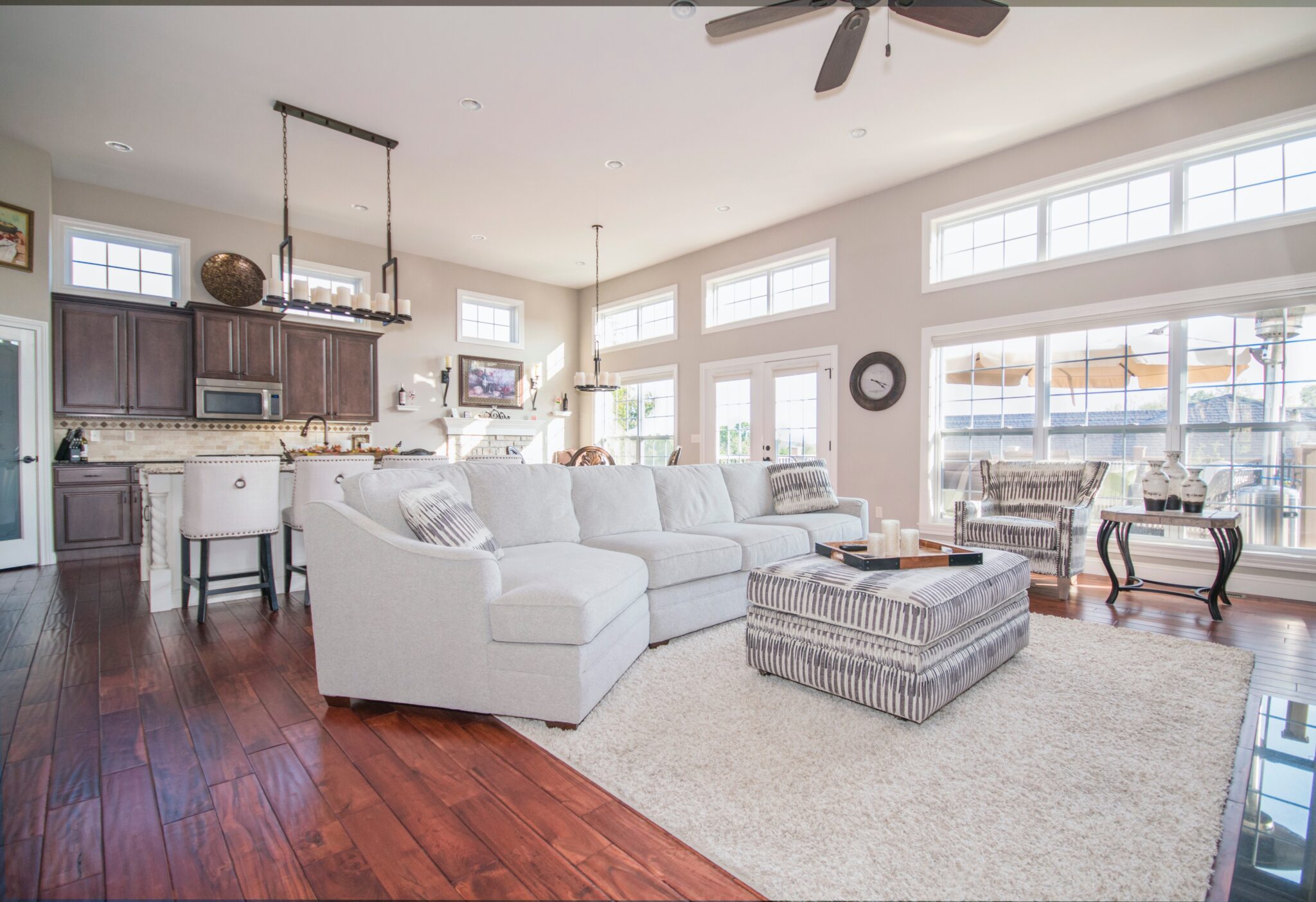Is a Fixed or Variable Home Loan Better for You?

Financing a home isn’t an easy feat. The numerous options for loans and the complicated spreadsheets can only add to your confusion. An easy way to start is to ask yourself: what type of home loan do you want? Australian mortgages or home loans can be fixed or variable.
To arrive at a reasonable decision, you need to consider the pros and cons of each option. You can also consider splitting your home loan, with part of the loan fixed and the rest variable in nature.
Defining variable and fixed home loans
Variable home loans have variable interest rates. These can change at any time, whether increasing or decreasing. Because of its changing nature, variable home loans tend to offer more flexibility and lower rates upfront.
On the other hand, fixed home loans have fixed interest rates. The interest rates stay fixed at a constant rate for a set period, which is usually 1 to 5 years. As the rates cannot increase or decrease, this type of mortgage typically offers less flexibility. After the set or fixed period is over, the home loan becomes a variable rate.
The difference between fixed and variable home loans
As with every decision, there are pros and cons to each option. Both fixed and variable home loans have strengths and weaknesses. Ultimately, your choice should depend on what you value. Do you prefer flexibility? Or do you need certainty?
Here are some of the differences between fixed and variable home loans.
| Fixed Home Loans | Variable Home Loans | |
| Interest Rates | Constant within the fixed period | Can change at any time |
| Value | Guaranteed. There’s no need to worry about your rate during the fixed period. | Uncertain. You need to watch your interest rate and consider switching the moment it gets too high. |
| Exit Fees | Higher | Lower |
| Refinancing | Harder due to fixed loan break costs | Easier |
| Features | Less likely to have re-draw facilities or offset accounts | More likely to have re-draw facilities and offset accounts |
| Extra Payments | Limited per year | Flexible, allowing you faster payment |
Fixed home loans will make it easier to budget your repayments, as you can plan ahead for the next couple of years. You also won’t have to worry about rising rates, as you will be paying a constant interest. On the other hand, rate drops won’t apply to your loan, and you won’t benefit if interest rates decrease.
Conversely, variable home loans offer less certainty but more flexibility. There are unlimited redraws on additional repayments, and you can switch loans with less inconvenience and cost.
Get a Fixed Home Loan if you:
- Want to know what your repayments are each month
- Need the certainty of an unchanging rate
- Don’t need add-ons like redraw facilities or offset accounts
Get a Variable Home Loan if you:
- Want a home loan with the lowest possible rate
- Want to repay the home loan as quickly as possible
- Need add-ons like redraw facilities or offset accounts
These features aren’t absolute. Some fixed home loans allow extra repayments, while some variable loans can have higher exit fees. You still need to do your research.
Considering a split loan.
A split loan gives you the space to manage the risks of rising interest rates while providing the flexibility for extra repayments. For example, you can allocate your funds 50/50 or 60/40. The split depends on you and your values as a consumer.
A split loan has the certainty of scheduled repayments and a fixed rate and the flexibility of add-on features.




